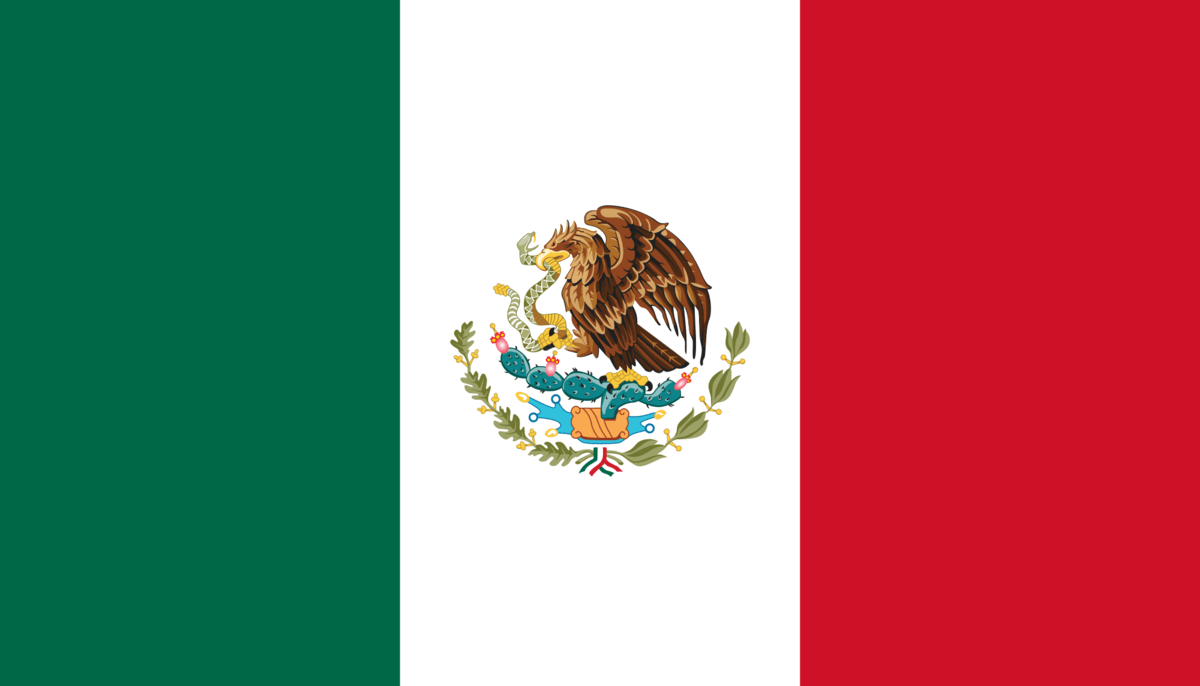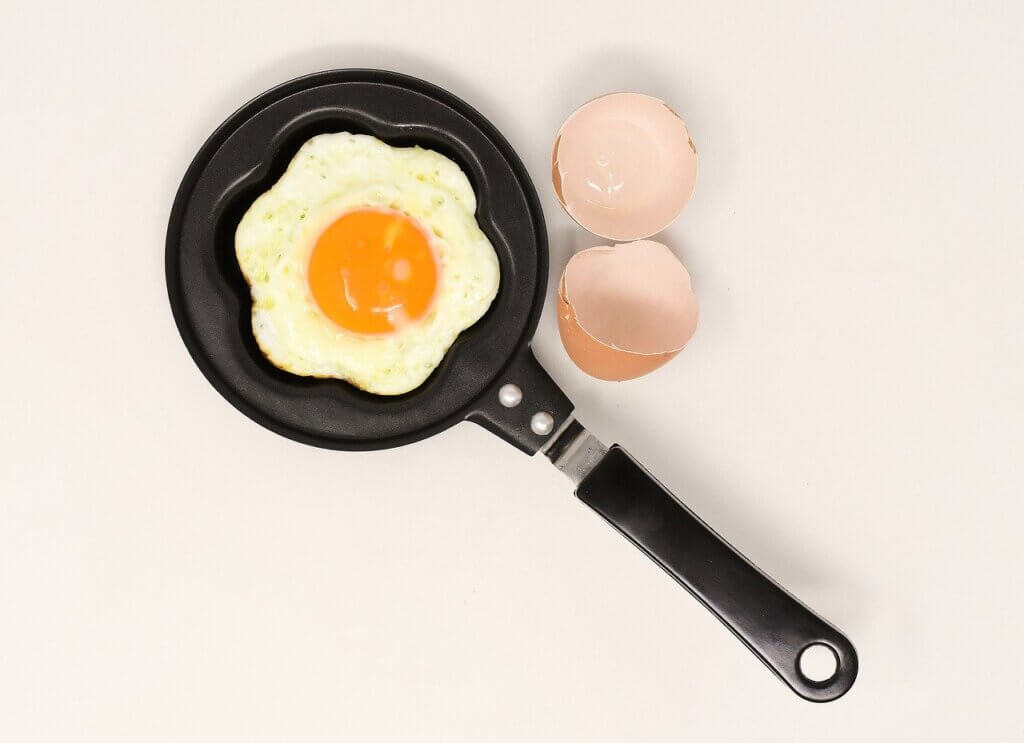One of the first things you should know when learning Spanish is that we distinguish words not only by their number (singular or plural), but also by their gender (masculine or feminine). Today, we’ll focus especially on singular nouns ending in -o. Ready?
Whenever you come across an -o ending, it’s usually because the gender of that word is masculine (there are always exceptions). Let’s look at some examples and their translations:
| Nouns | Translations |
| Carro | Car |
| Mundo | World |
| Semáforo | Traffic light |
| Cerebro | Brain |
| Colegio | School |
| Niño | Boy |
| Cabello | Hair |
| Conejo | Rabbit |
Matching gender
It’s important to understand that in Spanish, all words must agree with their gender (and also number). This means that when masculine nouns are accompanied by direct modifiers (adjectives), the latter will also have the same ending. Let’s consider the following sentences:
Tip: Click on any of the linked sentences in this article (while on a mobile) to add them directly to your Fluent Forever app, so you can study them later. Don’t have our app yet? Download it here!
- Yo suelo cocinar huevo frito para el desayuno y espagueti para el almuerzo. (I usually cook a fried egg for breakfast and spaghetti for lunch.)
Note: Here we can see three different masculine singular nouns ending with -o. Notice that huevo (egg) is modified by the adjective frito (fried), which coincides in gender by the -o ending.
- ¡Qué desayuno tan bueno el que preparé en la nueva cocina de mi apartamento! (What a great breakfast I prepared in the new kitchen of my apartment!)
Once again, you can notice another case of gender matching, since the singular noun desayuno (breakfast) has the same ending as the adjective bueno (great).
Learn some more examples
- En mi cocina siempre podrás encontrar un pedazo de pastel y una taza de jugo de naranja. (In my kitchen you can always find a piece of cake and a cup of orange juice.)
Note: In this sentence, pastel (cake) is a masculine noun exception that lacks the -o ending.
- Revisa la cocina porque te cociné un huevo aliñado con pimiento en polvo antes de salir al trabajo. (Check the kitchen because I cooked you an egg seasoned with pepper powder before I left for work.)
Generally, the word polvo (powder) serves the function of a masculine noun. But in this particular example, it is acting as an adjective that agrees in gender with pimiento (pepper).
- Yo siempre me tomo un buen vaso de jugo de naranja y una
- taza de café en el desayuno. (I always have a good glass of orange juice and a cup of coffee for breakfast.)
Here, vaso (glass), jugo (juice), and desayuno (breakfast) play the role of masculine singular nouns as they end in -o.
And that rounds up our session on Spanish singular nouns ending in -o!
Written by Nicole Oliveira






